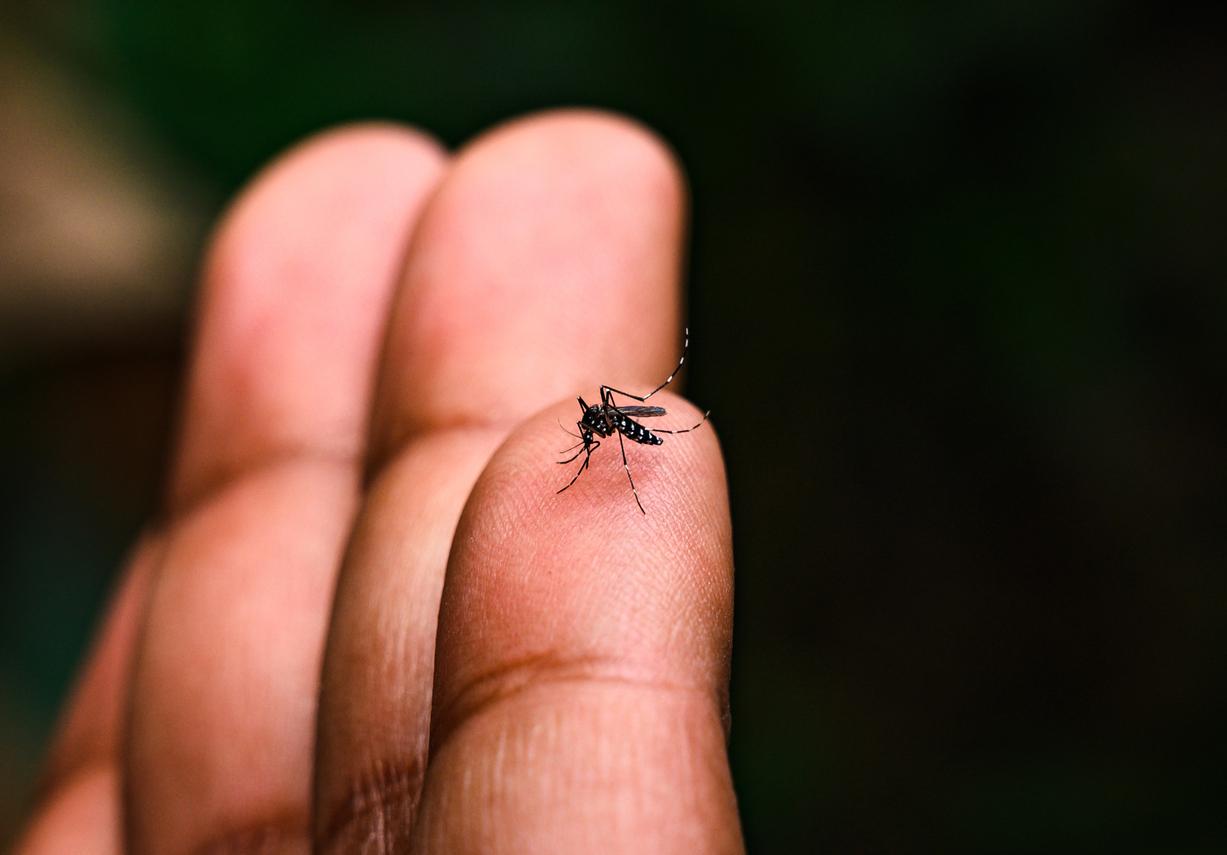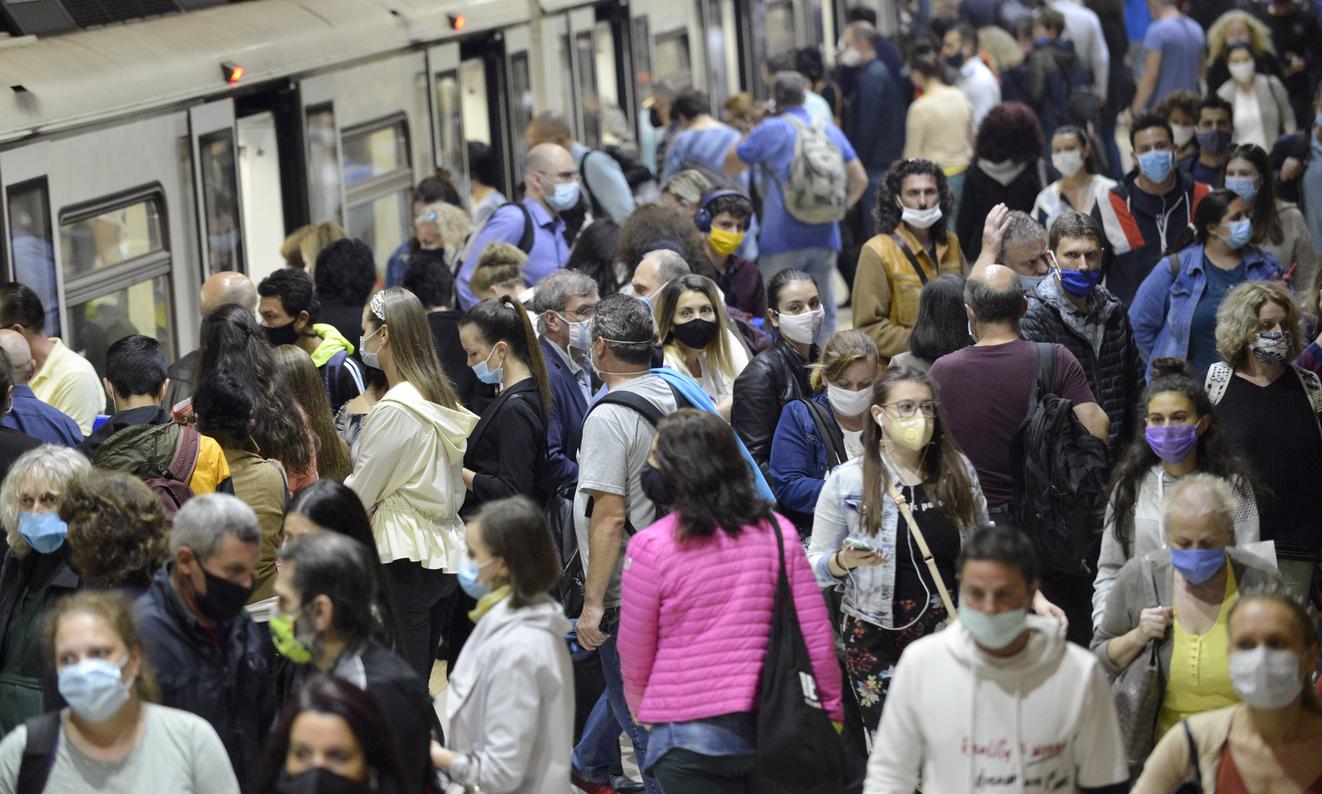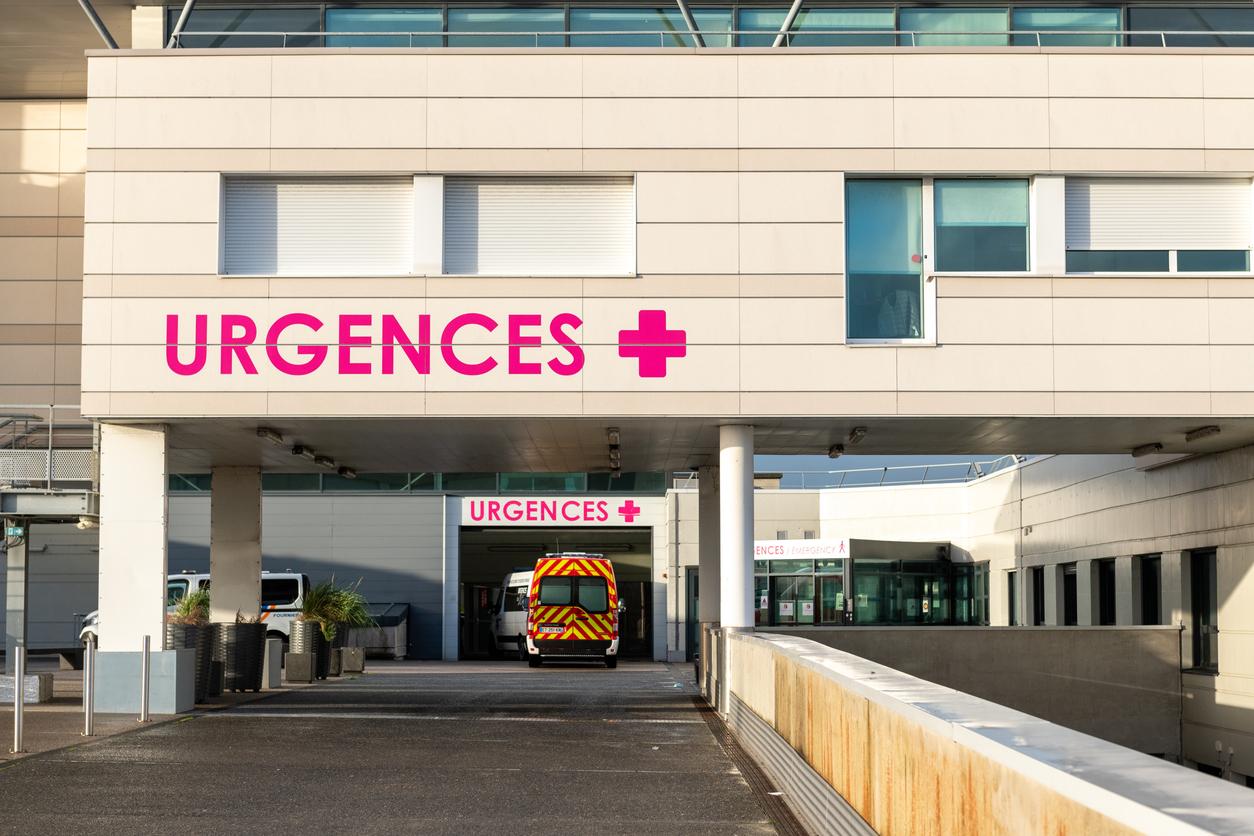The Covid-19 coronavirus, which appeared in the city of Wuhan (China), is shaking the world: according to the latest report on the coronavirus epidemic, China is still (and largely) the first country affected, with more than 75 000 cases of contamination. South Korea and Iran are also affected. Northern Italy suddenly found itself affected in turn. So much so that in France, vigilance has gone up a notch. Saturday February 23, Olivier Véran, Minister of Health, made new announcements.
Coronavirus: what are the new measures implemented in France?
- All departments can take care of patients. Until now, 38 health establishments were ready to receive possible patients. As of February 24, 70 health establishments with SAMU headquarters will be added to these 38 establishments. In total therefore 108 establishments are able to receive patients with COVID-19. Each French department has at least one health facility capable of caring for them.
- Several thousand screening tests can be performed every day. In addition, the Ministry of Health announces the increase in biological diagnostic capacities: until now it was possible to carry out 400 tests per day. From the week of February 24, several thousand tests can be carried out daily to meet the need. “We will be able to respond to all requests across the territory,” assured Olivier Véran.
- Massive order of masks for health professionals. The State foresees in the next twenty-four hours a massive order of several tens of millions of FFP2 type masks intended for health professionals in contact with confirmed patients. Regarding surgical masks (anti-projection masks), France has large stocks.
- Finally, a Covid-19 epidemic risk preparation guidecontaining practical answers to many questions, has been made available to all healthcare professionals since the week of February 17.
Remember that there is currently NO epidemic in France. Only one patient is still hospitalized and should soon return home. The typical profile of patients resembles that of the flu: elderly or fragile people due to chronic pathologies (respiratory, cardiovascular, diabetes, cancer, etc.).
How have the health authorities prepared?
Since January 10, 2020, the health authorities (Regional health agencies – ARS, health establishments, Samu, emergency services, etc.) have been aware of the symptoms of contamination and have been trained in the recommendations in force. As recalled at the end of January, Aurélien Rousseau, director general of the Regional Health Agency (ARS) Île-de-France, “the system is ready to deal with this situation”. Asked by our colleagues from Le Monde, he added that “since Ebola, the organization has been fairly well established, the cases identified in the Île-de-France region are directed to the infectious disease departments of Bichat, Pitié and Necker hospitals, the three reference health establishments”.
How many patients could we care for? In the Île-de-France region, 7 beds are available at the Bichat hospital, plus 7 other beds at the Pitié-Salpêtrière hospital and “dozens of places could be mobilized” in the hospitals in the Ile-de-France region.
Should we be worried? François Braun and Patrick Pelloux, the presidents of the Samu and the association of emergency physicians in France (Amuf) spoke at the end of January 2020: “you have to know how to keep reason. This year there will again be several thousand people who will die of the hexagonal flu, and it does not make the headlines. (…) It is an epidemic which is controlled, we must trust the authorities, we must trust the WHO. The experts added that in France, the “organizational schemes in the event of an epidemic risk are well established”.
Read also :
Coronavirus in China and around the world: the key dates of the epidemic
Fake news: will the covid-19 coronavirus (really) disappear in the spring?
Coronavirus: what are the symptoms in cats?















